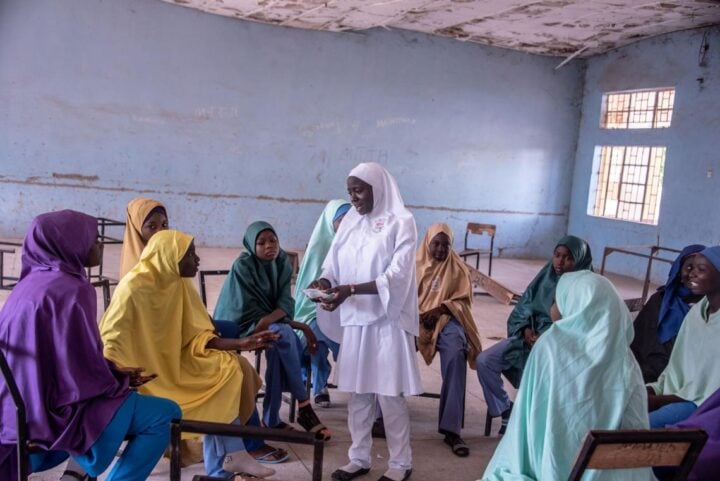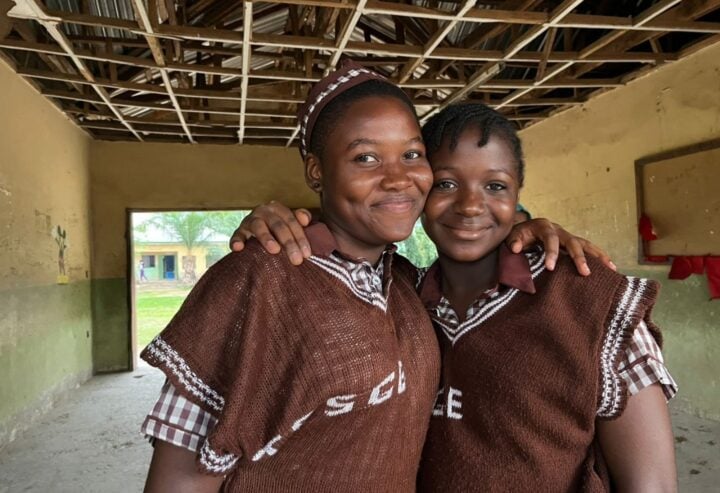Photo: UNICEF
Save the Children, an international non-governmental organisation, says the number of girls at extreme risk of climate change and child marriage will increase by 33 percent (to nearly 40 million) by 2050.
The report, released to mark the International Day of the Girl Child celebrated on October 11, said around two-thirds of child marriages happen in regions highly vulnerable to climate risks.
An estimated 29.9 million adolescent girls are said to currently live in the top 10 countries — all in sub-Saharan Africa — where a girl will most likely be married as a child and experience life-changing climate disasters.
This figure is projected to increase to 39.9 million by 2050, given that the hotspot countries have some of the youngest and fastest-growing populations.
Advertisement
The report said the Central African Republic, Chad and Guinea, which are the worst affected countries, do not only suffer from extreme weather events but also grapple with conflict, high levels of poverty, gender inequality and hunger.
Inger Ashing, CEO of the NGO, said the report shows how much the climate crisis undermines the rights of the girl child.
“This research shows yet again the extent to which the climate crisis is jeopardising children’s rights, particularly the rights of girls,” Ashing said.
Advertisement
“The risks to girls are real. It’s the risk of sexual harassment and abuse girls face in the chaotic aftermath of a disaster, where overcrowding and lack of safe services leave them exposed.
“It’s being forced to marry before they reach 18, as families, impoverished by years of droughts, are going hungry and having to make impossible decisions about whose mouths to feed.
“The global climate crisis is already changing girls’ lives and futures. Yet despite these unequal impacts on girls, less than 2% of national climate plans across the globe mention girls and give explicit and meaningful consideration to the needs and involvement of girls.
“Girls are demonstrating extraordinary resilience in the face of these challenges, yet their demands and solutions are rarely included in discussions about the planet they will inherit. This is unacceptable.”
Advertisement
Ashing said there is a need for “urgent and effective investment” for adapting to climate change, particularly for children, especially girls who are highly susceptible to the short and long-term impacts.
Add a comment






